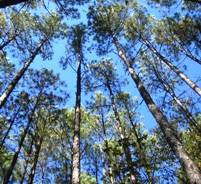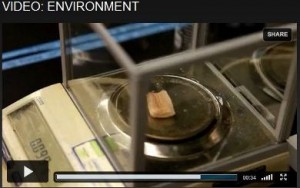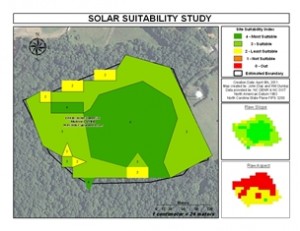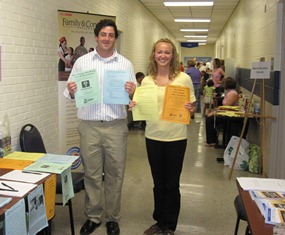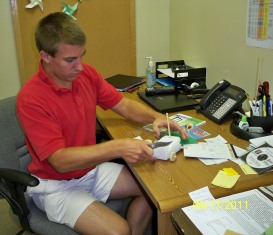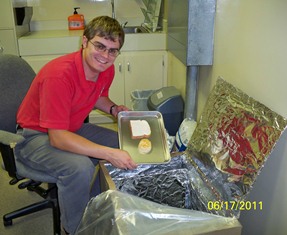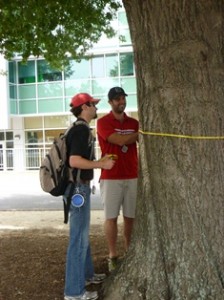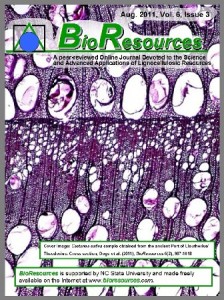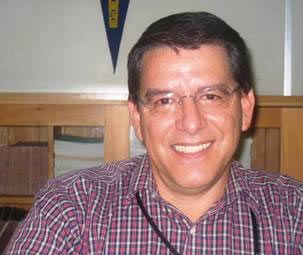 Dr. Julio César Calvo Alvarado, the Rector (President) of Instituto Tecnologico de Costa Rica, will deliver the 2011 Borlaug Distinguished Lecture on Global Service to Society and Environment at NC State University. The event is open to the campus community and will be followed by a reception and an open circle discussion with President Calvo.
Dr. Julio César Calvo Alvarado, the Rector (President) of Instituto Tecnologico de Costa Rica, will deliver the 2011 Borlaug Distinguished Lecture on Global Service to Society and Environment at NC State University. The event is open to the campus community and will be followed by a reception and an open circle discussion with President Calvo.
TOPIC: Costa Rica: In the Path of Environmental Sustainability. Lessons Learned.
WHEN: 3:30pm on Monday October 31, 2011
WHERE: Talley Student Center Ballroom, NC State University Campus.
Additional opportunities to interact with Dr. Calvo
- “Forestry Development in Costa Rica” – an open campus disciplinary seminar with Dr. Clavo willl be held from 10:15-11:30 am in Room 1214, Jordan Hall Addition.
- College of Natural Resources Roundtable with Dr. Calvo for CNR students and faculty on Tuesday, November 1st from 2:00-3:30pm in Room 4024 Biltmore Hall (The Hines Room).
About Dr Calvo and TEC
Dr. Calvo is President of Instituto Tecnológico de Costa Rica (TEC), a national autonomous institution, with ca. 6500 students. TEC has undergraduate and graduate programs in a comprehensive array of disciplines: Business, Natural and Social Science and Humanities, and engineering in Agricultural, Forest, Electromechanical, Computer, Construction, Industrial, Design, Production, and Materials Sciences.
Dr. Calvo received his Ph.D in 1991 from Dept. of Forestry at NC State, working under the direction of Professor emeritus James Gregory. He has received Fulbright-LASPAU and NSF Fellowships, and been honored by SIGMA XI, and Agriculture and Forestry Honor Societies. In 1982 he earned an M.S. from SUNY College of Environmental Science and Forestry-Syracuse, and in 1978 his first degree in Forest Engineering from TEC. Professor Calvo works in forest hydrology, natural resources, forest ecology and remote sensing. Previously he was Chairman of the TEC School of Forestry 1983-1987, and again from 2007-2011. From 1997-2002 he was Executive Director of the Tropical Science Center, Costa Rica, and responsible for a Biological Reserves Network, including the Monteverde Cloud Forest Station.
The Noman E. Borlaug Distinguished Lecture on Global Service to Society and the Environment is co-sponsored annually by the College of Natural Resources (CNR) and the College of Agriculture and Life Sciences (CALS) at NC State University.


